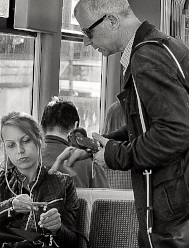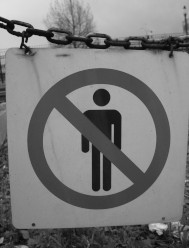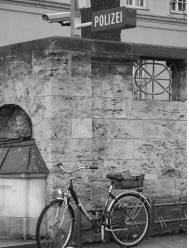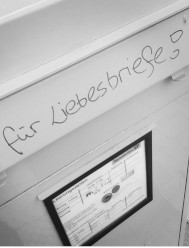The first step in any scenario is to STAY and LISTEN.
If the person being controlled does not want support, you can still be a witness to the situation.
Calm Scenario: someone is controlled without a "valid" ticket:
If you have one, secretly stamp an extra ticket, go to the person being controlled and offer them the ticket saying, “I saw you dropped your ticket”. Make sure it gets into the controlled person's hand. If this doesn't work, the person may still need support. "Do you want support?" and "Are you okay?" are good questions to offer comfort. Name what is happening. Even without legal basis, a well-timed statement can put pressure on the ticket controller and makes the situation visible to everyone: "Why are you harassing this person?" "Why did you control them first?" "You didn't say you were giving them a fine." "Do you receive training about racial bias?" "What are your company policies on discrimination sensitivity?"
Escalated Scenario: someone is controlled without a "valid" ticket and it gets verbal or physical:
In this case, you can try to block or be the "wall" in between the controller and person being controlled. Tell the ticket controller, "You shouldn't touch passengers." Ask others to help. If you're in a position to do so safely, record the interaction. Having video can challenge the cover-ups that follow these incidents. After, ask the person affected what they want to do with the video. If you do so, make sure to publish anonymously, blur controlled person's face. Be sure the video benefits them.
If the person being controlled does not give their ID, they will be forced to stay on the tram or bus until the last stop, where the police will be waiting to take their personal information. You can offer to stay with them. (is it always like that?)





